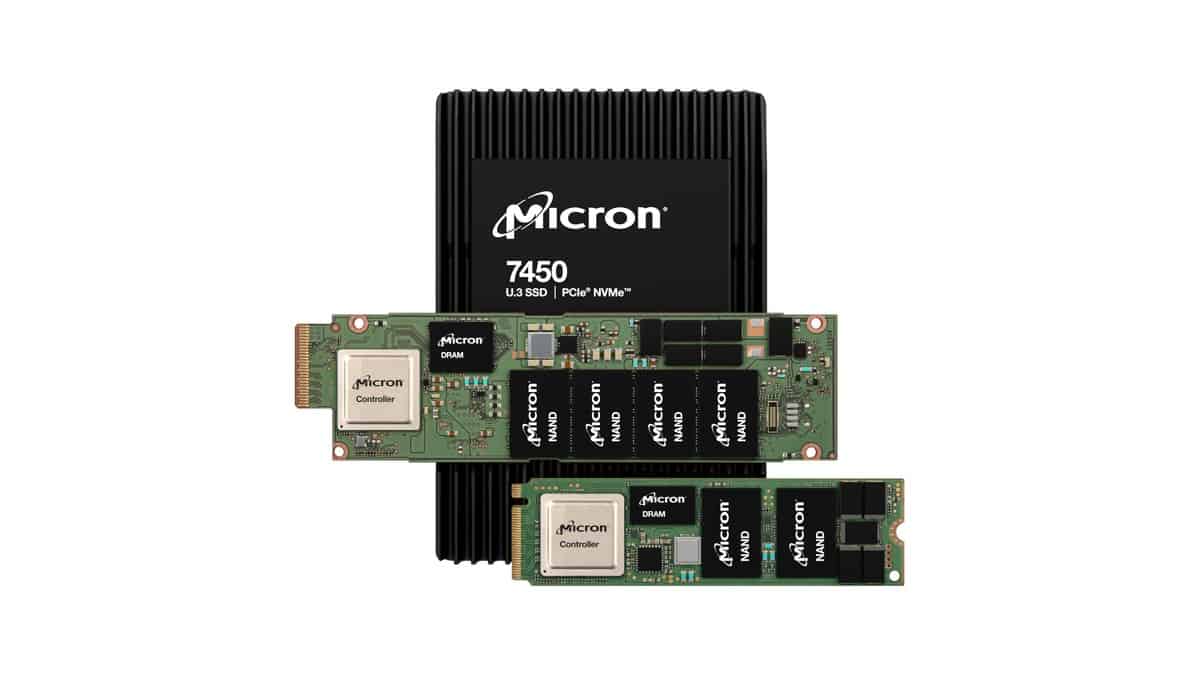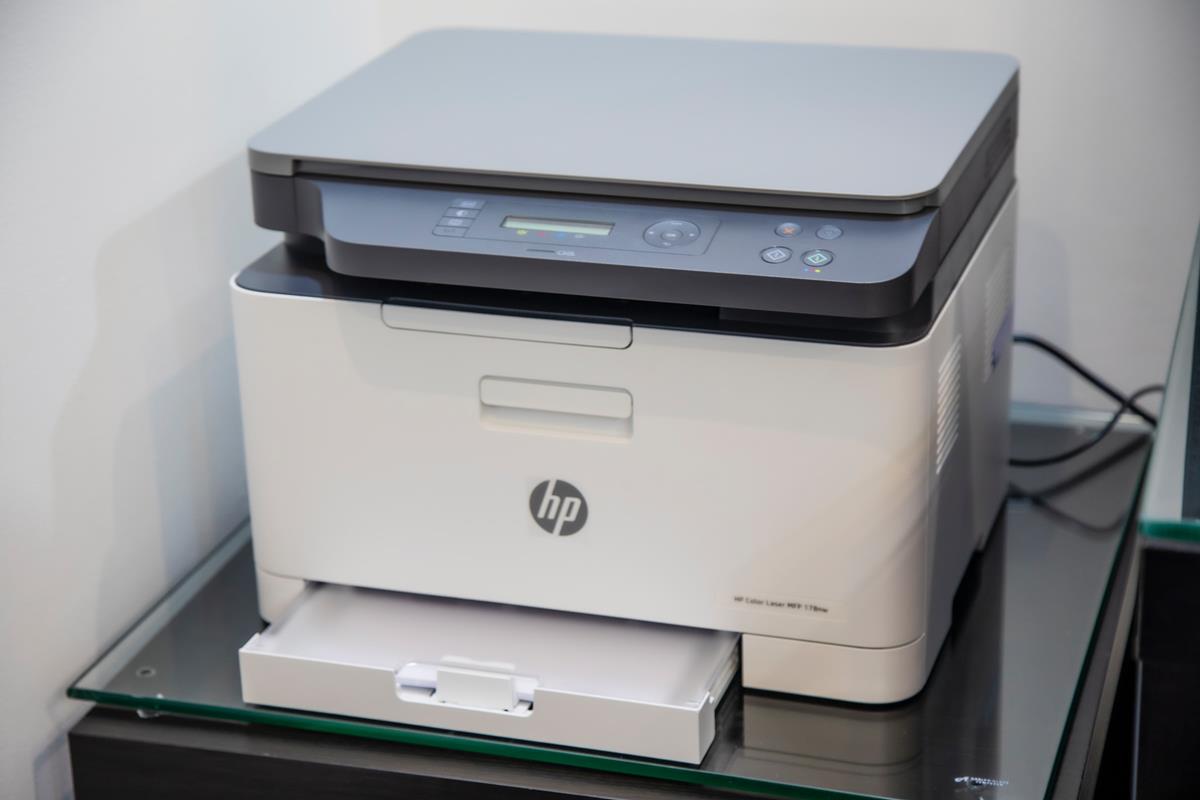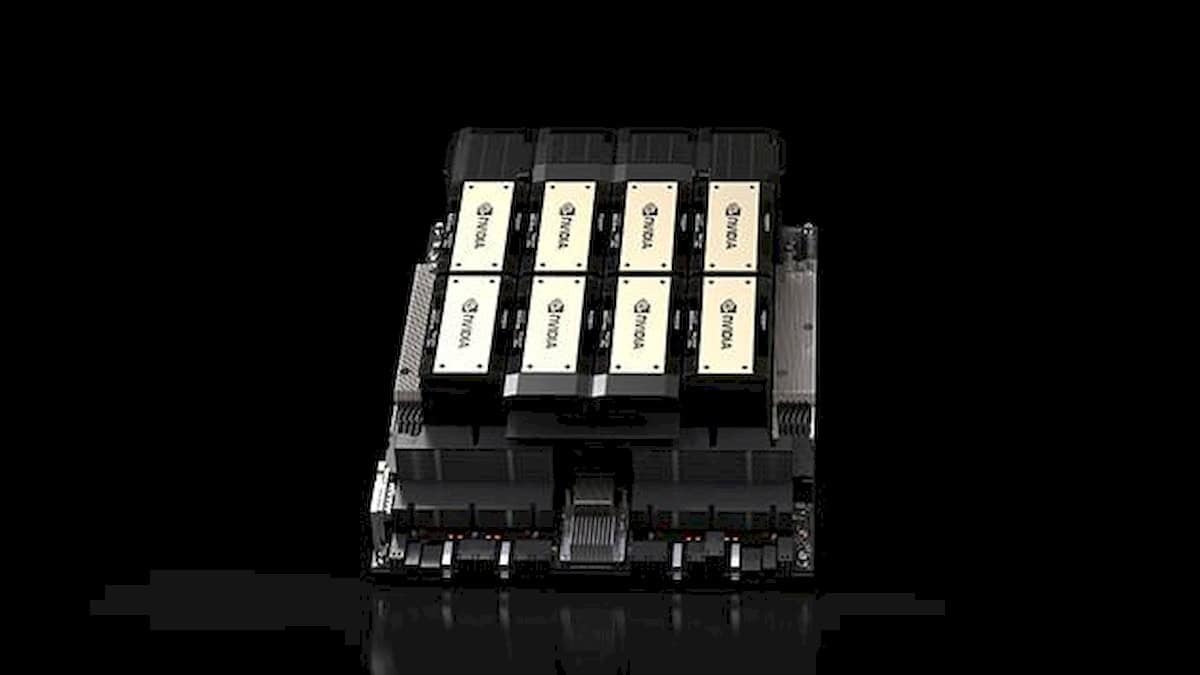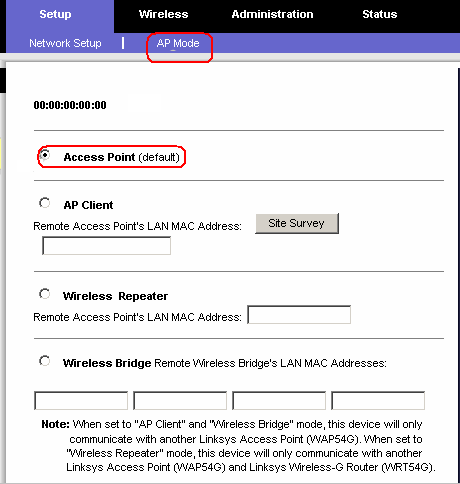China bans Micron chips over security concerns

While the US and Europe were talking about the banning of TikTok, the Chinese ByteDance's application, both an economic and political move came from China.
China has taken a significant step in its ongoing economic competition with the United States by imposing a ban on certain sales of Micron products. This move comes after China launched an investigation into cybersecurity risks associated with the American memory chip giant earlier this year.
The ban is expected to have far-reaching implications, potentially disrupting the intricate global tech supply chain that is deeply intertwined with both countries.
Escalating economic rivalry
In what appears to be a retaliatory move, China's decision to ban Micron products is seen as part of the back-and-forth trade tensions between the United States and China.
In recent years, the two superpowers have engaged in a series of actions targeting key industries, resulting in an increasing divergence of their respective tech supply chains. The ban on Micron represents another step in this ongoing economic rivalry.

Cybersecurity concerns as the basis
China's Cyberspace Administration recently directed domestic firms providing "key information infrastructure" to halt their purchases from Micron. The authority claims that Micron products pose serious cybersecurity risks and could compromise the country's critical information supply chains.
Although the specifics of the alleged cybersecurity vulnerabilities have not been disclosed, China references its 2016 Cybersecurity Law, which mandates stringent oversight of the internet, including measures such as real-name verification and localized storage of user data.
Micron's presence in China
Micron, with a presence in China for over 16 years, specializes in manufacturing computer memory and data storage solutions like dynamic random-access memory (DRAM) and flash memory. China constitutes a substantial market for the company, accounting for 10.7% of its annual revenue in 2022.
The ban puts Micron's business interests in jeopardy, especially considering China's ambitious investments in the semiconductor industry and its efforts to advance its national policy objectives. Micron had anticipated such challenges and had previously expressed concerns about competition and potential restrictions in the Chinese market.
While the ban might benefit Micron's competitors in China, such as Samsung Electronics and SK Hynix, it has drawn the attention of the United States. The US Department of Commerce plans to engage directly with Chinese authorities to convey its position on the matter.
Additionally, the US intends to collaborate with key allies and partners to address the distortions caused by China's actions in the memory-chip market. The United States has also urged South Korea not to fill the market gap left by the ban, as it seeks to maintain a balance in the industry.

About Micron
Micron Technology, Inc. is a prominent American semiconductor company specializing in the production of memory chips and storage solutions. They are known for manufacturing a wide range of memory products, including dynamic random-access memory (DRAM), NAND flash memory, and solid-state drives (SSDs).
Micron's memory chips and storage solutions are utilized by various well-known brands in different industries. Some of the prominent brands that use Micron chips in their products include:
- Apple
- Dell
- HP
- Lenovo
- Samsung
These are just a few examples of the many brands that utilize Micron chips in their products. Micron's extensive presence in the semiconductor market and its reputation for reliable memory solutions have made it a trusted supplier for a wide range of industries, including consumer electronics, automotive, telecommunications, and enterprise computing.
Micron memory chips are also commonly integrated into gaming PCs built by various manufacturers. Companies such as Alienware, ASUS ROG, MSI, and others incorporate Micron's high-performance memory solutions to optimize the gaming performance and responsiveness of their gaming desktops and laptops.
Advertisement




















Compare the dozens of articles about the US TikTok ban here, which fully embrace the US imperialism point of view that it’s for privacy and not just bullying a competitor, to the tone in that article :
“both an economic and political move came from China”
“China has taken a significant step in its ongoing economic competition”
“In what appears to be a retaliatory move”
“The ban on Micron represents another step in this ongoing economic rivalry” (here some symmetry is admitted but not in the mirror articles about US banning chinese products)
“The authority claims that Micron products pose serious cybersecurity risks ” (so just a claim this time)
“China references its 2016 Cybersecurity Law, which mandates stringent oversight of the internet, including measures such as real-name verification and localized storage of user data.” (so it’s law based at least, not some arbitrary illegal “I just hate your face” decision like in the US case)
“the distortions caused by China’s actions in the memory-chip market.” (freaking distorders)
“The United States has also urged South Korea not to fill the market gap left by the ban, as it seeks to maintain a balance in the industry.” (that one’s funny, what’s their idea of a “balance” exactly, and why are even their “allies” supposed to bend over too in that case ?)